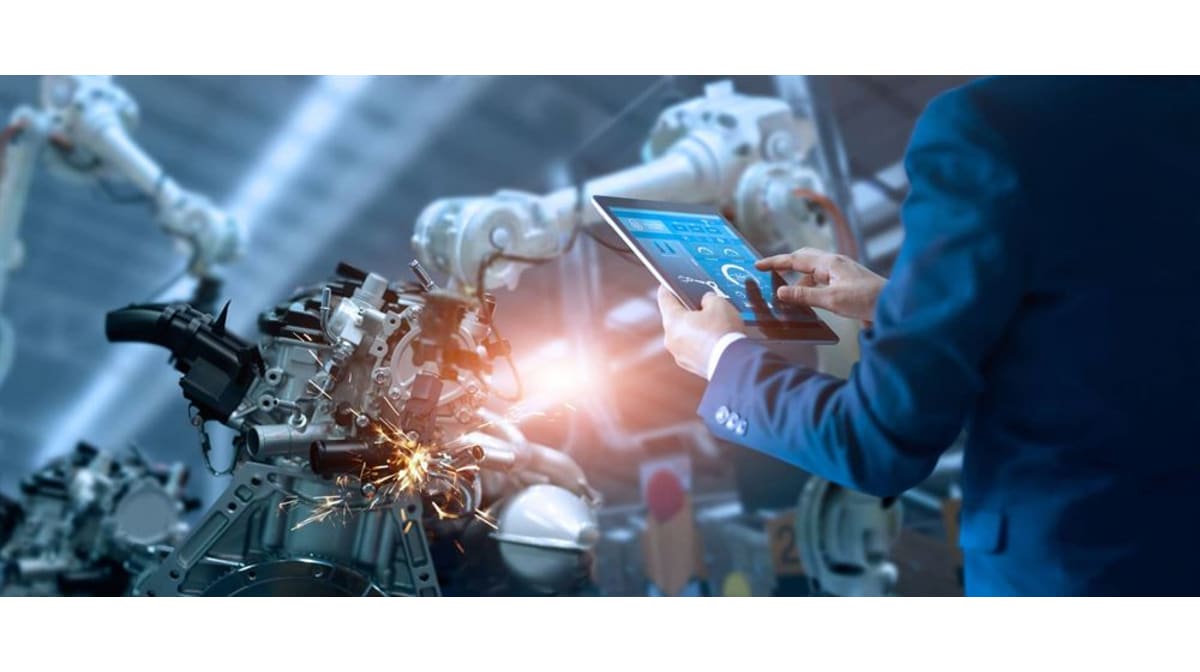smeup and industry 4.0: powered by data, driven by people

By supporting companies in the transition to the smart factory, smeup offers the solution that best suits the business needs of enterprises. Therefore, smeup can fulfill every customer's desire for innovation and digitalization.
Industry 4.0 is synonymous with the future: the introduction of digital technologies enables the interconnection and cooperation of all resources used to improve working conditions, create new business models, and increase plant productivity.
The basic model of Industry 4.0 transforms enterprises into smart factories characterized by digitalized production, where all components are interconnected and able to operate in a coordinated manner according to objectives, while processes are more fluid and able to make the best use of all available resources. The enabling technologies are: advanced manufacturing automation, additive manufacturing, augmented reality, simulation, horizontal/vertical integration, industrial Internet of Things, cloud manufacturing, cybersecurity, big data, and analytics.
However, this interconnection between machines and humans is not based on simply sending data to the network to be recorded and analyzed later. Being a "smart factory" means that bidirectional exchange of information can automatically trigger actions by other machines, sensors, or devices connected to the network.
What are the benefits for companies?
The benefits for companies are multiple since the interconnection and communication between machines, systems, and people within smart factories allow them to reduce waste and likewise perform more. It is estimated that companies that have introduced Industry 4.0 enabling technologies within their processes have experienced an increase in productivity between 30% and 50%.
Five phases in the product life cycle
In detail, the life cycle of a product is composed of five phases:
-Concept: it goes from mass production to mass "configuration," which means the configuration of customized products. Thus, with these new technologies, it is possible to go from prototype to mass production more quickly.
-Design: thanks to cloud technology, it is no longer necessary to be physically in the same place to work together. Therefore, it is possible to work with several hands on a project at the same time.
-Production: new digital tools offer flexibility and customizable services, with reduced switching times between orders, thus producing higher productivity rates and a drastic reduction in errors and downtime as a result of sensors that monitor the production plant in real-time.
-Marketing: increased customer engagement at an early stage; products acquire many new features through the Internet of Things and become more competitive in the market.
-Product utilization: the Internet of Things enables after sale product performance monitoring and predictive maintenance, thus extending the life cycle and yield.
Would you like to bring your business into an interconnected world?
smeup has designed the right solution for you with the Industrial IoT module for industrial integration. This innovation leverages data from machines to make processes even more efficient, as well as collect, visualize, and integrate field data in order to analyze process performance and better manage machines and productivity.
For further information, please contact smeup through the references on the side.



